Hyssop (Hyssopus officinalis) is a perennial herbaceous plant belonging to the Lamiaceae family, which also includes mint, lavender, and sage.Hyssop is a bushy herb that typically grows to a height of 1 to 2 feet (30 to 60 cm). It has narrow, lance-shaped leaves that are aromatic when crushed. The plant produces clusters of small, tubular flowers that can be blue, purple, pink, or white, depending on the variety. Hyssop is used for digestive and intestinal problems including liver and gallbladder conditions, intestinal pain, intestinal gas, colic, and loss of appetite. It is also used for respiratory problems including coughs, the common cold, respiratory infections, sore throat, and asthma.
Benefits
Respiratory Support:
Hyssop has traditionally been used to alleviate respiratory conditions such as coughs, colds, and bronchitis. It is believed to have expectorant properties, meaning it helps loosen and expel mucus from the respiratory tract, making it easier to breathe. Hyssop may also have antiviral and antimicrobial effects, which could help fight respiratory infections.
Digestive Aid:
Hyssop is sometimes used to support digestive health and alleviate symptoms of indigestion, bloating, and gas. It may help stimulate appetite, improve digestion, and relieve gastrointestinal discomfort.
Anti-inflammatory Properties:
Some studies suggest that hyssop may have anti-inflammatory effects, which could help reduce inflammation and pain associated with conditions such as arthritis, muscle soreness, and inflammatory bowel diseases.
Antioxidant Activity:
Hyssop contains antioxidants, such as flavonoids and phenolic compounds, which help protect cells from oxidative damage caused by free radicals. Antioxidants play a crucial role in reducing the risk of chronic diseases and supporting overall health.

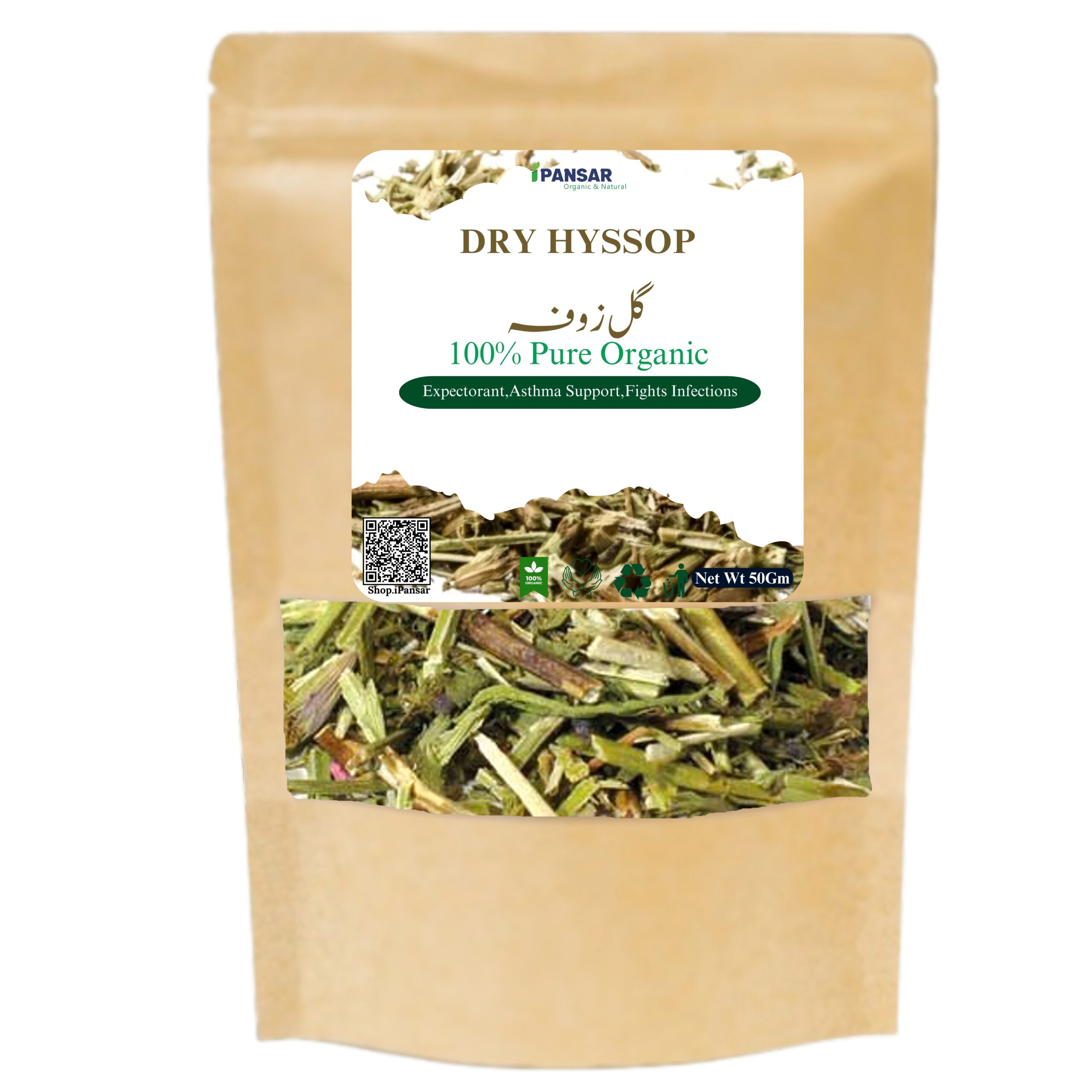
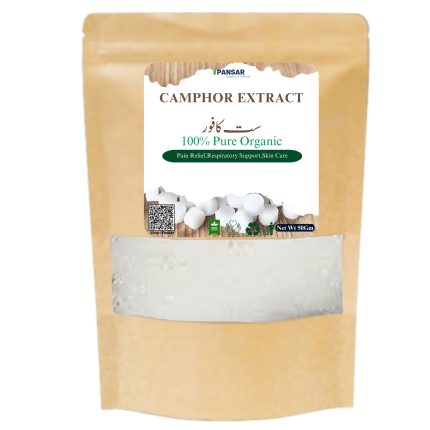
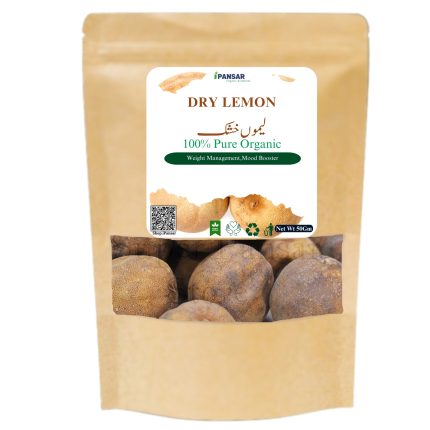


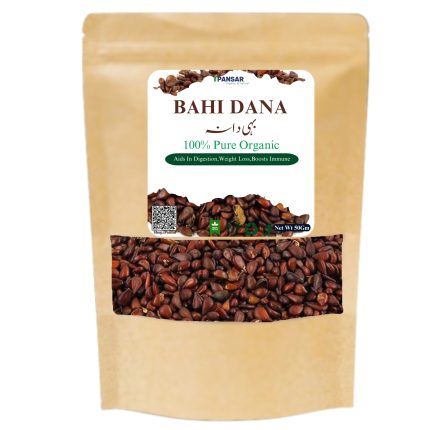
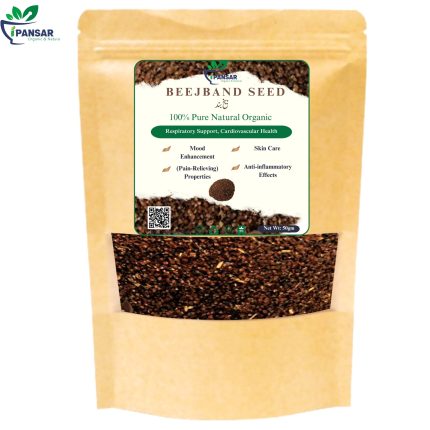
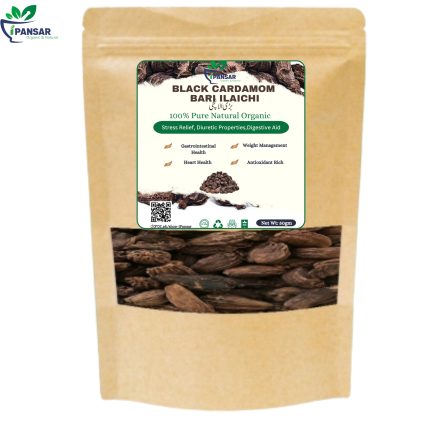
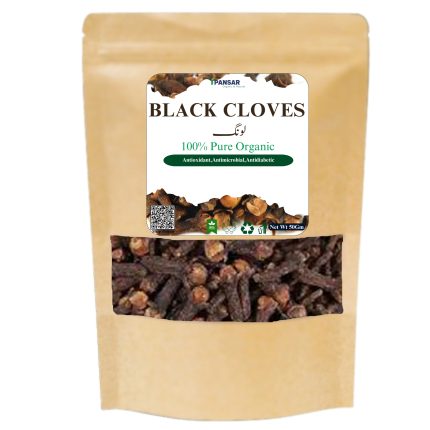
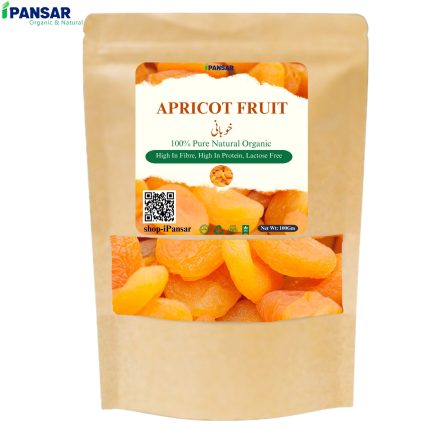
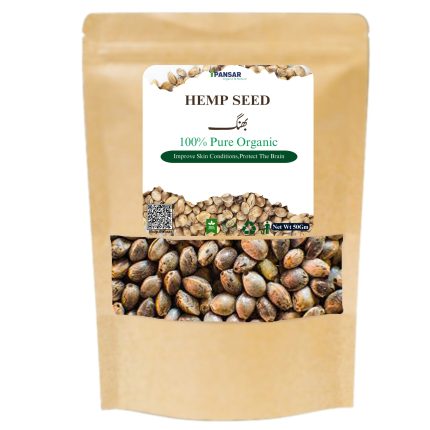
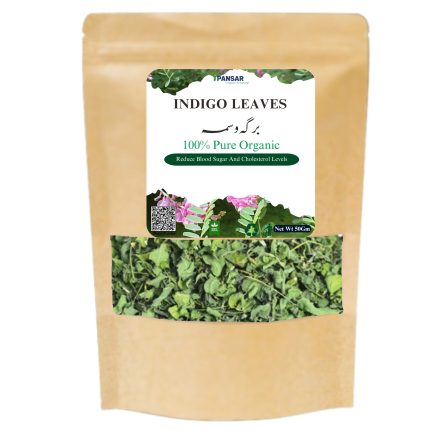
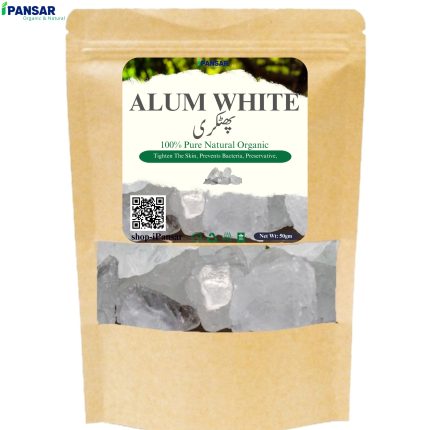
Reviews
There are no reviews yet.